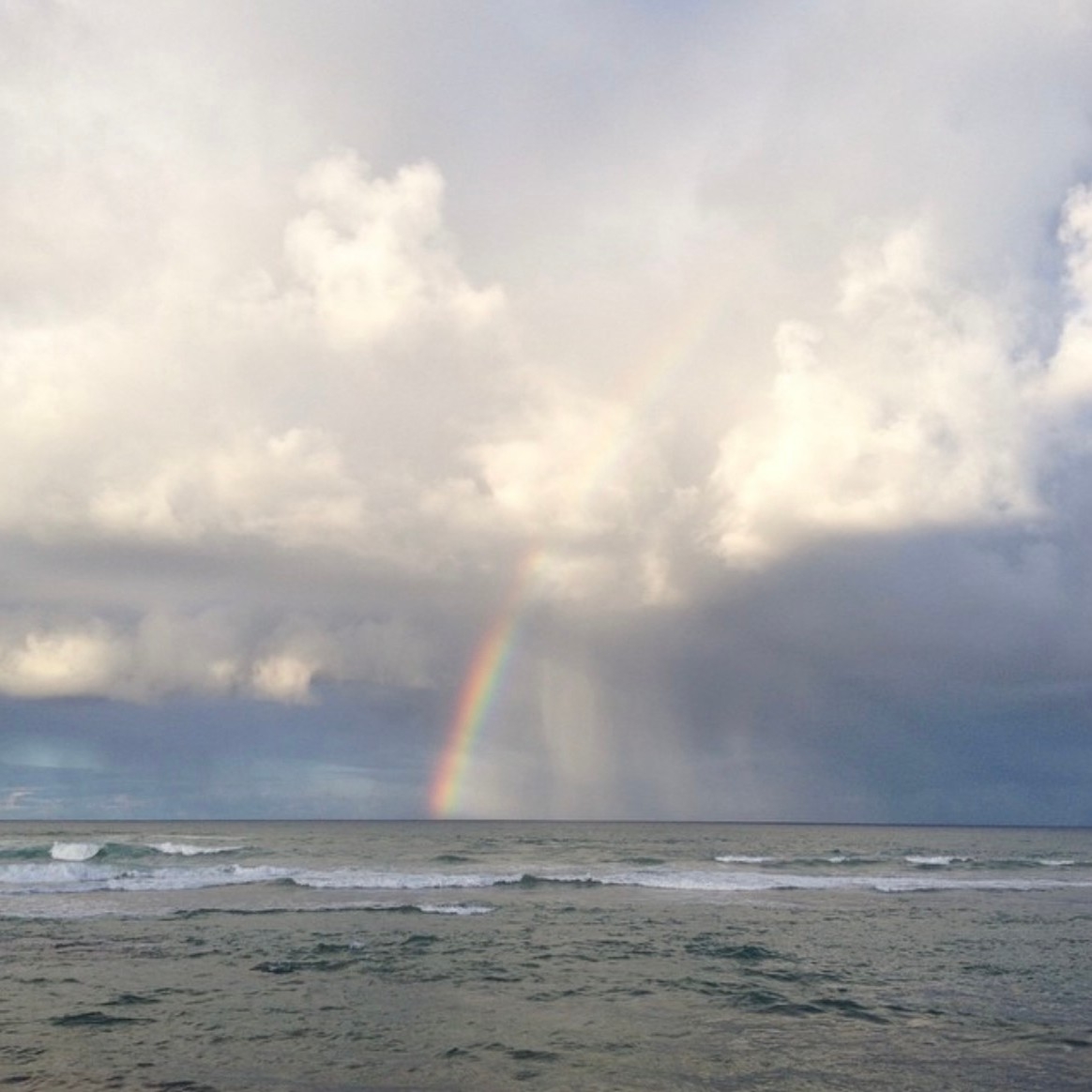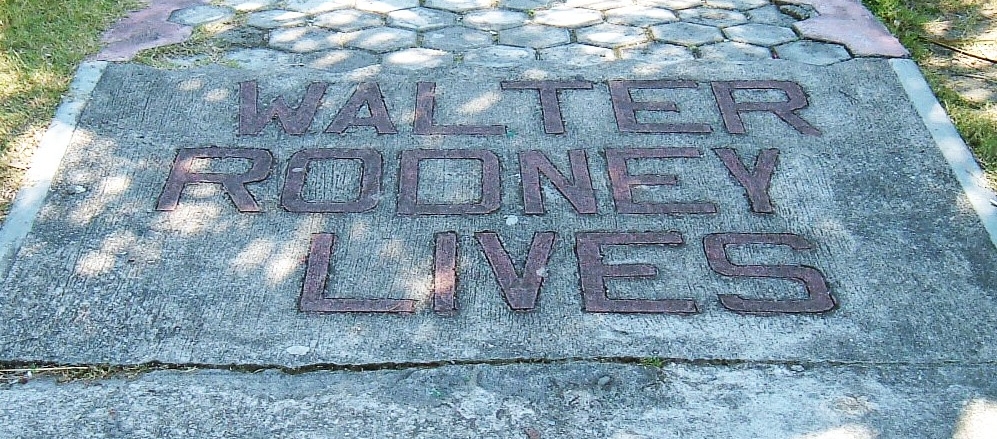Caribbean Studies

Overview
Disciplinary formations may take different routes in the global north (where the bulk of scholarship is funded, produced and often used to replicate power and difference) and the global south (whose material and epistemological formations shape different modes of enquiry and where the colonial past still haunts the present).
For instance, colonial voyages of ‘discovery,’ resource extraction, and the violence of plantation societies shaped by scientific racism, have left lasting legacies which live on in developmentalist approaches to the Caribbean (e.g., tourism, resource extraction, travel writing). Caribbean peoples are keenly aware of these processes including the economic and political interests brought to bear on colonial knowledge-making, which continue to influence the terms under which ideas of the region are produced.
Thus, finding paradigms outside of the borders of institutionalized Euro-American disciplinary knowledge and its colonial registers is imperative for the Caribbean scholar, as Barbadian writer George Lamming noted in his essay “Western Education and the Caribbean Intellectual” (2000). It is part of a wider project of self-determination, to ‘emancipate yourselves from mental slavery’ (as Bob Marley sang), to renew knowledges considered marginal, to recover histories and geographies rendered obscure, and to ground approaches in the materiality of societal struggles.
In addition, subjectivities, knowledge and place-making have been particularly complex processes in the Caribbean — making space for submerged cultural practices and fluidities of relations, while negotiating European norms embedded within nearly every sphere of society. Due to these complexities, Caribbean studies cannot not be siloed by disciplines, nor can the archipelago be contained by area studies.
Instead, Caribbean studies are intrinsically interdisciplinary, moving across borders, drawing from and combining knowledges from literary studies, geopolitics, eco-humanities, the arts, musicology, racial justice, agricultural history, and post/de/anti-colonial theories.
 A tribute to honour the life and enduring legacy of Walter Rodney.
A tribute to honour the life and enduring legacy of Walter Rodney.
About our working group
This working group brings together diverse faculty, graduate students, and interested community members with personal investments in the Caribbean. As scholars working across various disciplines and languages, whose research is either situated in the region or engages critical insights from the region and/or the diaspora, we are concerned with how the Caribbean has been constituted, imagined, and (un)bounded, and what Caribbean Studies can offer for alternative futures.
Organizer
Nalini Mohabir
Associate Professor and Undergraduate Program Director
Department of Geography, Planning and Environment
Student coordinator
Tatiana Haustant
Email: tatiana.haustant@mail.concordia.ca
Key questions
- What theoretical insights emanate from the plurality and multiplicity of Caribbean studies (borrowing from heterogenous sources such as literature and film, history, geography, economics, and the arts, as well as ancestral philosophies from Africa, Asia, Europe and the Americas), that offer possibilities to destabilize or transform disciplinary-bounded thinking?
- Following Sylvia Wynter, how do we take up the demands of Caribbean Studies for centering the human beyond Eurocentric man?
- What is the ongoing relevance of paradigmatic plantation structures to understanding the Caribbean in the current moment?
- How do we consider the concepts, theories and approaches of Caribbean studies, in particular its cultural frameworks, to address materially pressing issues (such as, but not limited to, sovereignty, environmental justice, and economic livelihoods)?
Group members
- Christiana Abraham (Senior Lecturer, Communication Studies)
- Franklin Bonivento van Grieken (PhD student, HUMA)
- Linzey Corridon (PhD candidate, English and Cultural Studies, McMaster University)
- Ronald Cummings (Professor, English and Cultural Studies, McMaster University
- Michele Fielder (PhD student, HUMA)
- Tatiana Haustant (MA student, Geography)
- Océane Jasor (Associate Professor, Sociology)
- Angela Kross (Associate Professor, Environment)
- Marlihan Lopez (PhD student, INDI)
- Michelle Martineau (Independent Scholar)
- Nalini Mohabir (Associate Professor, Geography)
- Françoise Naudillon (Professor, Études françaises)
- Tesfa Peterson (PhD student, HUMA)
- Krystale Tremblay-Moll (PhD candidate, Comparative Literature, University of Toronto)
Activities
We meet once per month to foster interdisciplinary conversations around selected readings chosen to help us think through tensions in different methods/theories/approaches to the Caribbean. Please contact coordinator for more details.

